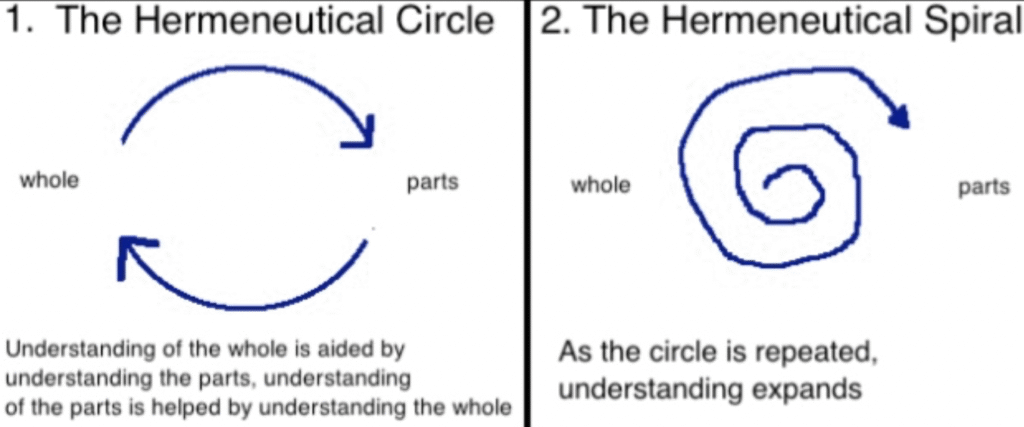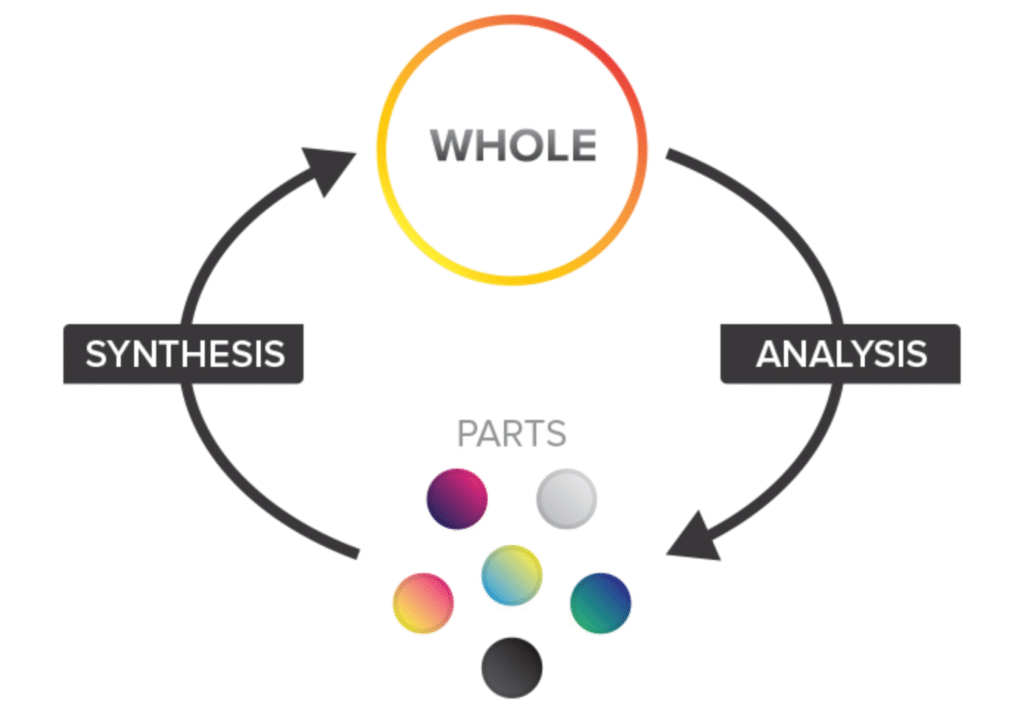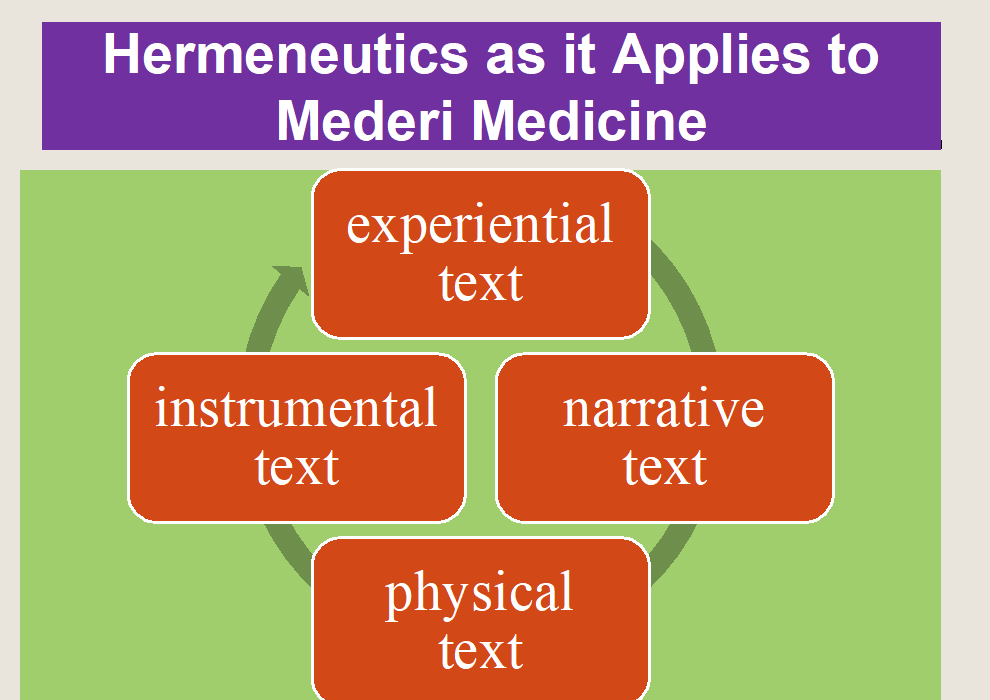More people are reaching a ripe old age than ever before in history. In the early 1800s, life expectancy was a mere 45 years. But today, in Australia, Canada, Japan, and most European countries, people can expect to live to 80 and beyond. If the trend continues, a majority of babies born in these countries will live past their 100th birthday. But this increase in longevity comes with some bad news. Although we manage to survive longer than preceding generations, we often gain time without being healthier in those extra years.

The Difference Between Thriving and Surviving as We Age
Studies worldwide indicate that after age 60, most people have at least one chronic disorder, such as heart disease or diabetes. A recent population-based study in Sweden found that at age 80, only one of 10 individuals were living well and not suffering from either a chronic disease or Frailty Syndrome.
In the U.S. almost one-third of people older than 85 have received an Alzheimer’s diagnosis, often combined with other types of dementia such as that caused by vascular disease.1
What’s Wrong with Our Modern Medicine Healthcare Model?

Modern Medicine faces fundamental challenges in that we are removing the human element and attempting to reduce everything to a single cause and effect. Given the functional interdependencies between the molecular components in a human cell, disease is rarely a consequence of an abnormality in a single gene, but reflects the perturbations of the complex intracellular and intercellular network that links tissue and organ systems.2
The biomedical modern allopathic medical model is based in on a pathogenic model that focuses on disease and the drugs (or even natural magic bullet herb or nutrient) to treat it. It is not based in ‘holism’ or health promotion, which is the foundation of my approach. This holism model does not exclude pathogenesis, but believes first in maximizing innate healing in a unitive way. I call this Mederi Medicine, and describe it as uni-healing. Although this approach is gentle and wholistic, we include treatment for the pathogen when necessary.
The biomedical treatment model of modern medicine has created social and cultural consequences that have become progressively detrimental to the human experience. The social roles assumed by the practitioner and client—roles that are a direct consequence of the authoritarianism of modern medical practices—and the medicalization of many aspects of human life undermines the development of personal autonomy and responsibility. These are the very qualities that are essential for human development and for access to the extended aspects of healing.
Furthermore, the cultural view of essential human concerns such as disease, health, pain, suffering and death are increasingly defined in medical and pathological terms. For example, pain and suffering, which can be viewed as an existential issue that can foster growth and deepening, becomes something adverse to fix or suppress. The biomedical model shifts the focus from personal concerns to technological medical problems, and from a potential opportunity for compassion and wisdom to an unwanted disruption in life.3
The Aristotelian Concept of Phronesis—Practical Wisdom
Phronesis is a Greek word meaning ‘practical wisdom’ and is derived from learning and evidence of practical things. Good medical practice is an interpretative meeting between doctor and patient with the aim of restoring the health of the latter, and phronesis is the mark of a good physician, who through observation and skill understands the best thing to do for a specific patient at a specific time.4
Mederi Medicine is unique in that it studies all forms and systems of medicine—traditional, modern, standard conventional, cutting edge conventional, as well as unconventional—to learn, seek truth, separate fact from fiction/theory, and understand what is truly beneficial, always with the individual’s best interests at heart. We avoid all close-minded approaches, whether conventional or unconventional, and value equally the wisdom found in traditional texts and in scientific research. Too many people on all sides of the medical spectrum promote their approach as the cure, and they often couldn’t be further from the truth. Did you ever think you might be wrong?

Hermeneutics as It Applies to Mederi Medicine
I believe the word “hermeneutics” most accurately describes the method of interpretation that we use in Mederi Medicine. Hermeneutics comes from an ancient Greek word meaning, “to explain or translate,” and refers to the art of understanding and of making oneself understood. Hermeneutics goes far beyond logical analysis and interprets situations within the context of our personal life story.
Mederi Medicine is clinical medicine that can best be understood not as a purified science but as a hermeneutical approach that analyzes and synthesizes multiple parts to serve the whole.


The conventional modern medical system interprets the machine (scan) or blood test (text) to diagnosis the ill person and clinical signs and symptoms are evaluated to determine the underlying disease. In contrast, four textual forms characterize the hermeneutic approach of Mederi Medicine:
- the “experiential text” of illness as lived by the patient;
- the “narrative text” constituted during history-taking;
- the “physical text” of the patient’s body as objectively examined;
- the “instrumental text” constructed by diagnostic technologies.

Certain flaws in modern medicine arise from refusing a hermeneutic self-understanding. In seeking to escape all interpretive subjectivity, medicine expunges its primary subject—the living, experiencing patient.”5
I believe that a pure heart is essential for seeing each individual and creating an effective map to wellness. When it comes to the purpose of life, understanding and interpretation are intricately interwoven. By maintaining openness to God, life, and the pursuit of healing, we formulate questions in such a way that the truth is revealed.
References:
- Miia Kivipelto, Krister Håkansson, page 34 Scientific American, April 2017 © 2017 Scientific American.
- AlbertLászló Barabási, Natali, Gulbahce & Joseph Loscalzo, Network medicine: a network-based approach to human, Disease, Nature Reviews Genetics 12, 56-68 (January 2011), doi:10.1038/nrg2918.
- Engel G. The Biopsychosocial Model and Medical Education. The New England Journal of Medicine. 1982: 306_802=805.
- Svenaeus F. Hermeneutics of medicine in the wake of Gadamer: the issue of phronesis, Theor Med Bioeth. 2003;24(5):407-31.
- Leder D, Clinical interpretation: the hermeneutics of medicine, Theor Med. 1990 Mar;11(1):9-24.









